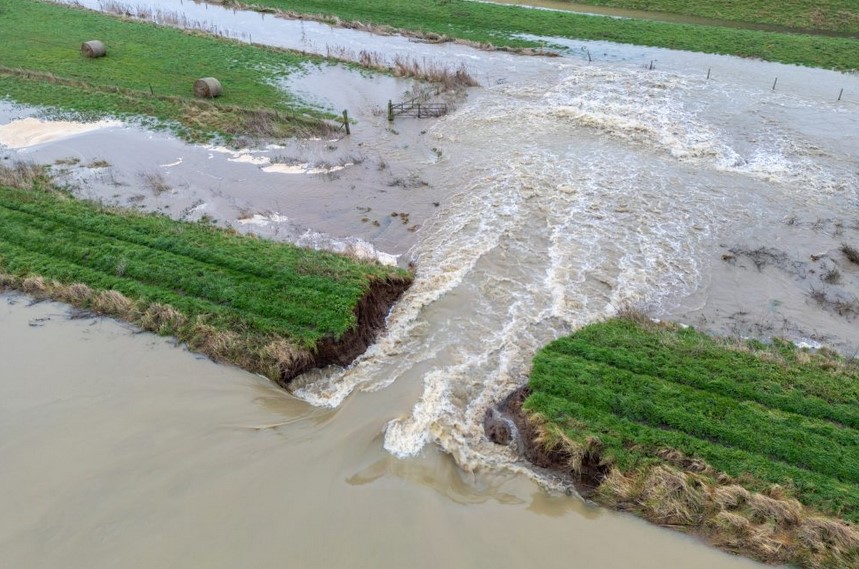This article will discuss dog and cat diets.
Alongside the huge increases in obesity and diabetes type 2 in humans, we are seeing the same problem in dogs and cats.
In dogs this has been typically blamed on owners giving too many titbits, especially those containing fat.
This situation is less obvious for cats.
There is increasing evidence from human studies that the culprit for much of these problems is associated with carbohydrates rather than fats and not so much the quantity of what we eat but what we eat.
Modern pet foods rather than reducing obesity seem to be increasing it.
Carbohydrates are essentially long chains of sugars that are broken down to glucose, the speed of which depends on the type of carbohydrate.
Wheat is broken down particularly quickly. When large amounts of glucose are present in the blood after a meal the body produces insulin to control this.
Any excess glucose not required to fuel the body immediately is converted into fat by the actions of insulin. If the meal also contains fat, then in the presence of excess sugar and the insulin released, most of this fat is laid down in the fat cells.
Insulin also blocks fat burning for energy. So even if the fat in the diet is reduced, in the presence of too much carbohydrate (and thus insulin) most of this fat and any excess of the carbohydrate will be laid down as body fat. Insulin is only activated by carbohydrate and not by fat.
The simple message here is reduce the carbs!
There is a line of thought that the types of diet we eat should be related to the what we were evolved to eat. Humans, dogs and cats took millions of years to evolve and all the species were finely tuned to the diet that they were able to eat.
Animal domestication and farming only occurred about 10,000 years ago, a drop in the ocean in evolutionary terms.
Dogs and cats today are still essentially evolved for the diets they were eating 10,000 years ago.
Also we must remember that commercial dog food has only been present in the last 150 years (which started as a wheat biscuit).
There is increasing evidence to suggest that none of us are supposed to be having such high levels of carbohydrate, sugars or refined polyunsaturated vegetable fat, and that deviations from the evolved diet has directly resulted in the problems of obesity, diabetes and heart conditions that we see today.
Increasingly people are changing their diets away from high levels of carbohydrates, especially wheat, and increasing protein and fat levels, resulting in measurable health improvements.
We are starting to see changes in some dog and cat diets with the removal of wheat and other grains and some reduction in the level of carbohydrates.
This is especially important for cats who are obligate carnivores and should not consume much carbohydrate.
There is also more evidence to suggest that saturated animal fat is beneficial for health rather than detrimental.
People have been feeding raw diets to their dogs for many years but it has only recently been taken up more widely.
I have seen great benefits from raw feeding but the diet must be balanced with meat, bone and offal with low levels of non grain carbohydrate for dogs.
Some cats with diabetes will reduce or even stop the need for insulin when fed a raw meat and bone diet.
For those interested in feeding in this way there is a company called Natures Menu that supplies conveniently packaged raw food and provide good advice on how to feed this.
Most good pet stores supply this diet (frozen). The next best diets are those that are grain free and that have increased levels of protein and fat and reduced carbohydrate levels.
There are many of these now on the market. The one that I have had experience of using is a diet called Canagan.
These types of diet will go some way to decreasing some of the health problems that we are seeing today.
Alder Veterinary Practice, 58 Bourne Road, Spalding, PE11 1JW. Call 01775 766646. Opening hours 8.30am to 6.30pm Monday to Friday, 9am to 10am alternate Saturdays. 24 hour emergency cover.







